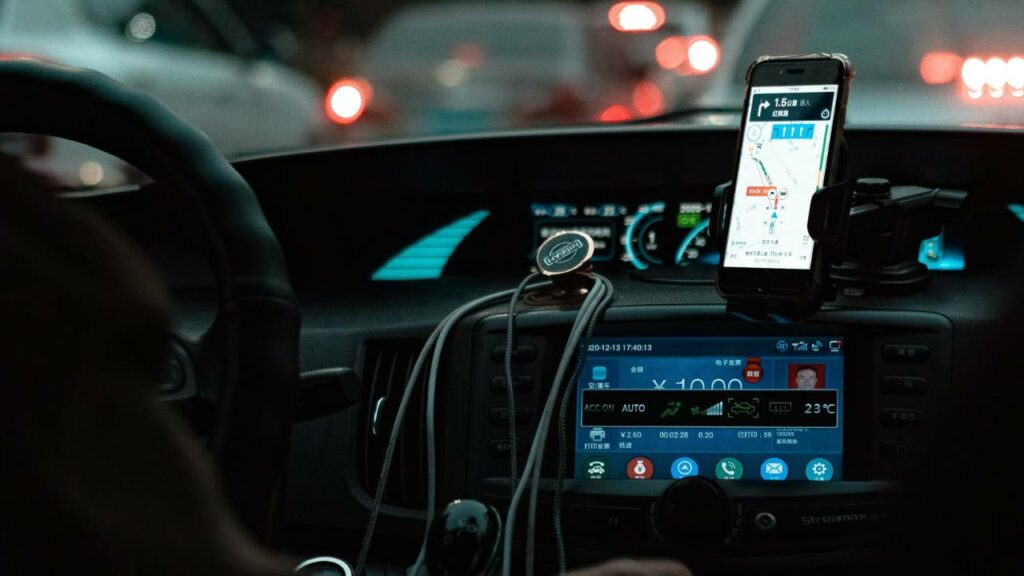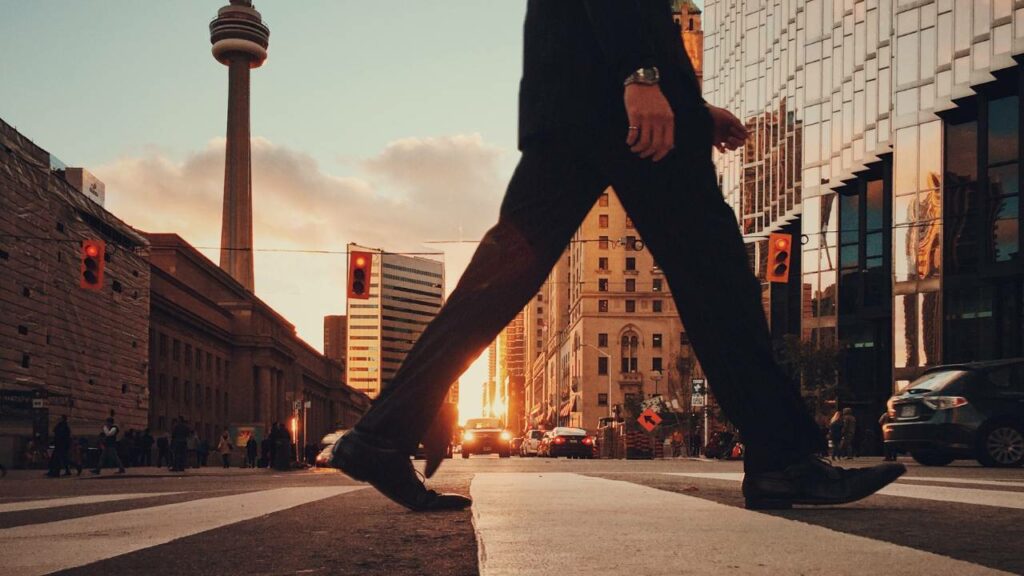As a business traveller, you’ve likely encountered your fair share of mundane trips featuring repetitive hotel rooms and tiring journeys. While this may have been par for the course in the past, business travel is evolving, and it’s time to rise above the mundane. Expectations are shifting towards more personalised experiences and emphasising personal well-being, enabling you to make the most of your time on the road.
Evolving Expectations of Business Travel
As you navigate through the current business world, the pandemic has undoubtedly influenced the way you perceive corporate travel. With the global rise of remote work and live events becoming a rarity, business travel has shifted towards prioritising comfort, flexibility, and efficiency. As a result, travel managers are faced with catering to these evolving expectations while ensuring the utmost safety for their clients.
A Touch of Class
In these uncertain times, businesses seek ways to elevate the travel experience while adhering to COVID-19 health and safety guidelines. Luxury chauffeur services, such as Irish Chauffeurs, offer personalised travel solutions for corporate clients, ensuring a stylish and comfortable journey. By offering upscale transportation options like high-end limousines and executive sedans, you can provide a touch of class that will leave a lasting impression on your partners and colleagues.
- Increased safety precautions: Due to the pandemic, professional chauffeur services have implemented strict hygiene protocols, frequently sanitising vehicles and maintaining a transparent communication channel between clients and drivers.
- Premium amenities: Multipurpose onboard facilities like Wi-Fi, charging ports, and refreshment options make your journey productive and enjoyable.
- Tailored services: Pre-arranged schedules, flexibility in adapting to travel changes, and experienced drivers familiar with your destination cater to your specific requirements.
The Impact of Efficient Executive Transportation
The shift towards remote work has placed a greater emphasis on the need for efficient executive transportation when it comes to in-person meetings and events. Well-organised travel arrangements give you the peace of mind needed to focus on your task at hand.
- Flexible schedules: As organisations adapt to virtual workplaces, flexible booking options and 24/7 availability become necessary to accommodate last-minute changes and varying time zones.
- Time management: Skilled chauffeurs ensure punctuality and navigate through traffic seamlessly, allowing you to maximise your time between meetings and appointments.
- Project a professional image: Arriving in a well-maintained, high-end vehicle demonstrates your commitment to excellence, which reflects positively on your business.
Modern Technologies and Business Travel

Role of Technology
In today’s world, technology plays a pivotal role in business travel. It has revolutionised how you communicate, connect, and collaborate with colleagues and clients around the globe. Quicker and more accessible technological platforms help you stay organised, streamline your trips, and keep the lines of communication open.
For instance, smartphones and mobile apps have made it easier to manage and book your flights, accommodation, and transportation. GPS technology lets you find your way around an unfamiliar city, while Wi-Fi connectivity keeps you connected to the office.
Moreover, an array of communication tools such as email, messaging apps, and videoconferencing platforms empower you to stay in touch with colleagues and clients remotely. In light of these advances, entrepreneurs must stay ahead in today’s digital age to make the most of their business connections.
Rise of Virtual Meetings
Virtual meetings have transformed the way you conduct business, making it possible to collaborate without having to travel. Advanced technology platforms like Zoom, Skype, and Microsoft Teams allow you to hold meetings, present proposals, and even sign contracts from the comfort of your own home or office.
Not only do virtual meetings save you time and money, but they also reduce the need for frequent business trips, thus lowering your carbon footprint.
As technology continues to evolve, business travellers like yourself can expect further improvements in virtual connectivity, making the world of business travel even more seamless and efficient.
Financial Implications and Business Travel
As a business traveller, you must know the financial implications and how they can affect your travel decisions. Below, we will delve into the effects on travel budgets and the impact of inflation. This will help you plan your journeys more effectively.
Effects on Travel Budgets
Adjusting your travel budget is crucial, as it can have a significant influence on your company’s bottom line. Bookings and travel expenses can quickly eat up a large portion of your organisation’s allocated funds if not appropriately managed. To optimise your travel budget, consider the following strategies:
- Prioritise essential trips: Focus on trips that will provide a considerable return on investment or are essential for business development.
- Explore alternative accommodations: Rather than booking expensive hotels, consider more affordable lodging options such as short-term apartment rentals or budget-friendly hotels.
- Leverage loyalty programmes: Many airlines and hotel chains offer rewards programmes that can help reduce costs and provide perks like flexible check-in times or free upgrades.
Impact of Inflation
Inflation can have a significant impact on your business travel spending, as it affects the cost of goods and services. For example, during a recession, you may notice that the prices of flights and accommodations increase, putting additional strain on your travel budget.
To mitigate the effects of inflation on your travel expenses, consider these suggestions:
- Book in advance: Booking flights and accommodations early can help circumvent the effects of inflation and secure lower rates.
- Stay flexible: If possible, travel during off-peak seasons or less busy times to take advantage of lower prices and avoid inflationary pressures.
- Monitor currency exchange rates: Pay attention to currency exchange rates when travelling abroad and make purchases when the rates are favourable to maximise your spending power.
Health and Safety in Business Travel

Influence of Vaccines
During the COVID-19 pandemic, your safety was of utmost importance. Vaccines have played a significant role in reducing infection rates and providing a sense of security. As a business traveller, you should ensure that you’re still up to date with vaccinations, including boosters, according to your destination’s requirements. Staying informed about the vaccine rollouts in various countries will help you make better travel plans.
Impact of COVID-19 Variants
COVID-19 variants have raised concerns, as they can increase the risk of infection, even in vaccinated individuals. To minimise your risk while travelling, always follow local guidelines and requirements. These may include wearing face masks, practising social distancing, and following any quarantine measures in place.
Sustainability and Business Travel
Decarbonising Travel
Incorporating sustainability into your business travel plans is becoming more important than ever. Reducing carbon emissions plays a significant role in this process. Look for transport providers that prioritise reducing their carbon footprint. For instance, airlines are increasingly investing in cleaner and greener aircraft designs.
Additionally, consider choosing accommodations and meeting venues that are energy-efficient and have implemented sustainable practices, such as recycling and waste reduction. Exploration of alternative greener transport options, like electric vehicles or public transport, is equally helpful in decarbonising travel.
Growing Demand for Sustainable Travel
The demand for sustainable travel is growing fast, and the industry is responding. As a business traveller, you have a growing range of options that help you reduce your environmental impact:
- Eco-friendly accommodations: Many hotels nowadays offer energy-efficient lighting, water-saving measures, and waste reduction initiatives to minimise the environmental impact.
- Carbon offsets: Keep an eye out for opportunities to offset your flights’ carbon emissions, which can help compensate for the environmental impact of your air travel.
- Local and seasonal dining: Opt for local and seasonal food options when you travel on business, as these choices benefit the local economy and the environment.
Recovery and Future of Business Travel

State of International Travel
Currently, international travel is recovering, and you may be curious about what this means for business travel. Airlines and suppliers are working diligently to adapt to the changes in the industry and ensure the safety and comfort of travellers. As travel restrictions lift, you can expect to see an increase in international trips, accompanied by growth in global business travel.
However, you and other travel buyers must be cautious and informed as you make decisions on international business travel. The recovery process may be slower in some regions, and it’s crucial to stay updated on the latest travel guidelines.
Expectations for Domestic Travel
As for domestic travel, the expectations are slightly different. You’ll likely notice that the volume of domestic business travel is growing at a faster pace than international travel. With fewer restrictions, it’s become more appealing and accessible for many businesses to focus on domestic markets.
Domestic travel has been the driving force behind much of the recent recovery in global travel. Even as international travel begins to return, many companies might continue prioritising domestic business travel due to increased confidence and familiarity with local regulations.
Keep in mind that these trends still require adaptability and flexibility. As the overall landscape of business travel continues to evolve, you should remain attentive and adaptable to any new developments. By staying informed and open to change, you’ll be better prepared to navigate the future of executive travel.
Conclusion
As a corporate traveller, you should aim to evolve your expectations and elevate your business trips.
Embracing technology and prioritising your well-being can help you maximise your trips. This approach will allow you to rise above the mundane aspects of business travel and enjoy a more balanced lifestyle.
